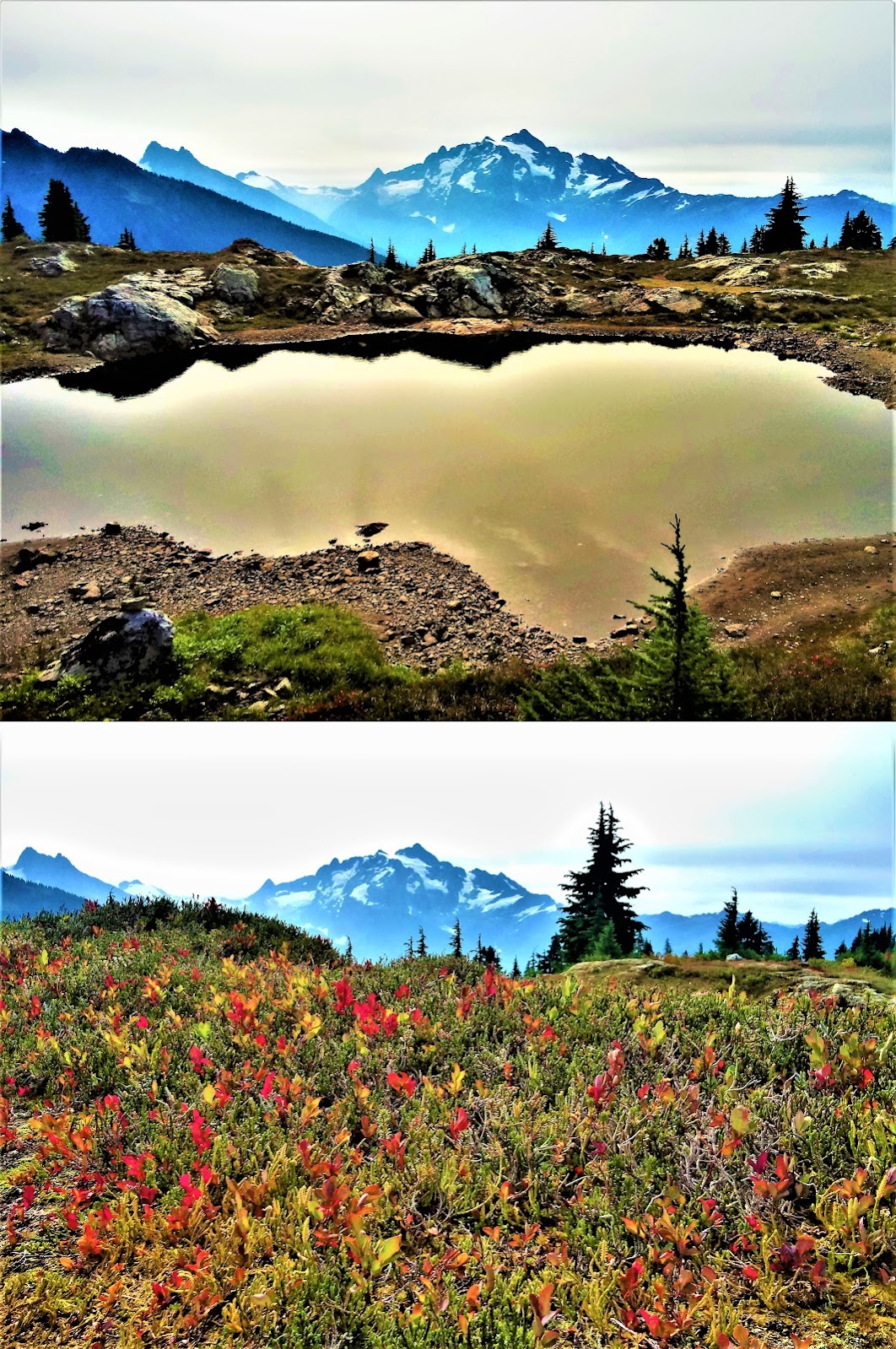"The prudent see danger & take refuge, but the simple keep going & suffer for it" – Proverbs 22:3
GENERA
Here's a deeper look into the meaning of Yosemite and the "killer" connection:
1. Origins in the Ahwahneechee context:
The Ahwahneechee were a Miwok-speaking Native American people who lived in the Yosemite Valley.
Neighboring tribes, particularly the Mariposa and other Yokuts groups, called them "Yohhe'meti" or "Yohhe'meti", which is often translated as "they are killers" or "those who kill."
This name reflected the Ahwahneechee's fierce defense of their homeland—they were known to fight fiercely against outsiders.
2. Historical nuance:
The name wasn't about random violence—it was about survival and defense. The Ahwahneechee were protecting their valley, resources, and way of life.
To outsiders hearing the name, it sounded threatening, so when early European-American settlers came, they adopted the term Yosemite to refer to the valley itself.
3. From people to place:
Over time, the meaning shifted from describing a warrior people to simply naming the geographical area.
Today, most people associate "Yosemite" with majestic cliffs, waterfalls, and wilderness, not the original "killer" context.
In short, the "killer" meaning is really about courage, defense, and strength in protecting one's home, not about indiscriminate killing.
Here's a breakdown:
---
What's the Current Status of the Ahwahnechee / Yosemite Native People
1. Ahwahnechee Origins
The Ahwahnechee historically lived in Yosemite Valley.
They were connected to Mono and Southern Sierra Miwok peoples.
Over time, due to disease, displacement, conflicts (including with U.S. forces), many Ahwahnechee were removed or merged with other tribes.
2. Descendant Communities
According to the NPS, there are seven tribes/groups with traditional association to Yosemite.
Of these, five are federally recognized:
North Fork Rancheria of Mono Indians of California
Tuolumne Band of Me-Wuk Indians
Picayune Rancheria of Chukchansi Indians
Bridgeport Paiute Indian Colony
Bishop Paiute Tribe
Two are not federally recognized:
Southern Sierra Miwuk Nation (which claims Ahwahnechee / Miwok heritage)
Mono Lake Kootzaduka'a Tribe
3. Southern Sierra Miwuk Nation
This group actively identifies as descendants of the Ahwahnechee / Miwok people.
However, they are not federally recognized.
They have applied for recognition: their petition first started in 1982.
In 2018, the Office of Federal Acknowledgement (OFA) denied their petition, saying they "did not meet the criterion … of existing as a distinct community from historical times until the present."
Despite the lack of recognition, they do have a working relationship with the Park Service. For example, the NPS reports them among "traditionally associated tribes" for consultation on cultural resources.
They also have a nonprofit (American Indian Council of Mariposa County) that engages in cultural preservation and advocacy.
4. Reservation / Reservation Status
Because the Southern Sierra Miwuk Nation is not federally recognized, they do not have a formal federal reservation in the way many recognized tribes do.
There is no separate "Ahwahnechee Nation" reservation in Yosemite — the historic Ahwahnechee were removed multiple times, and their descendants are now dispersed among various communities.
That said, for cultural and ceremonial purposes, the NPS cooperates with descendant groups (recognized and unrecognized) for things like plant gathering.
5. Sovereignty / Nation Status
Since the Southern Sierra Miwuk Nation is not federally recognized, they do not have the same sovereign-to-sovereign governmental status that federally recognized tribes do.
Their lack of recognition limits certain legal powers, federal benefits, and formal government-to-government relations.
Some of their efforts focus on cultural revival — preserving traditions, ceremony, and ancestral connection — rather than achieving full sovereignty at this time.
---
Summary
The Ahwahnechee / "Yosemite Indians" from history don't exist today as a single, federally recognized "nation."
Their descendants live in several Native American communities, some of which are federally recognized (e.g., Mono, Me-Wuk), and some that are not.
The Southern Sierra Miwuk Nation claims heritage and continuity with the Ahwahnechee, but they do not have federal recognition or a reservation.
Despite this, they maintain a relationship with Yosemite National Park and continue cultural traditions.
---
If you like, I can check what the current federal recognition status is (as of 2025) for all Yosemite-associated tribes — would you want me to do that?
